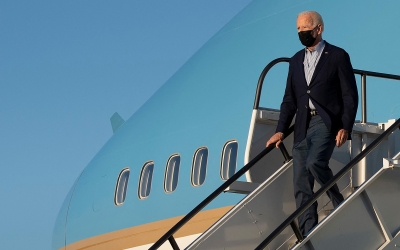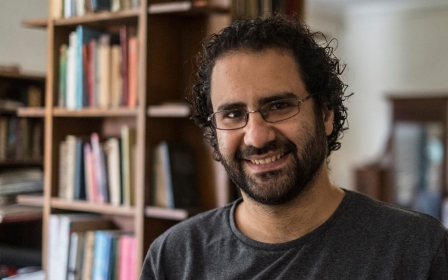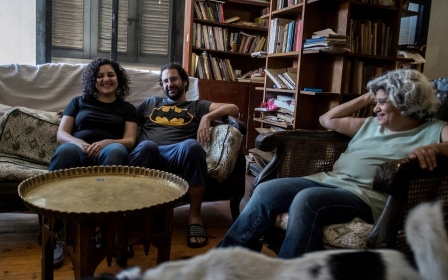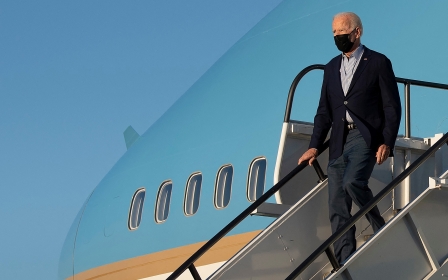Egypt: Security agencies using 'intimidation' to silence activists, says Amnesty
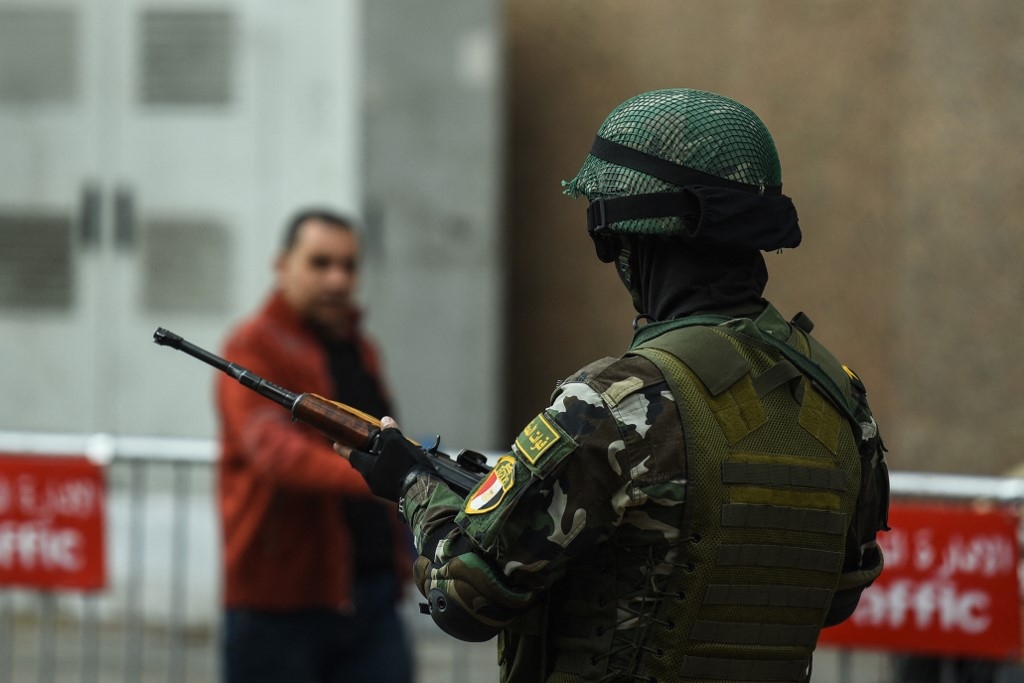
Amnesty International on Thursday accused Egyptian security agencies of "persistent intimidation and harassment" of human rights defenders as a political tactic to silence them.
The London-based rights group interviewed 28 people summoned by the country's National Security Agency (NSA) for its report called "This will only end when you die".
"Activists and human rights defenders said at every summons NSA officers regularly threatened them with arrest and prosecution unless they attended interrogations, and raided the homes of those who failed to appear," said Amnesty.
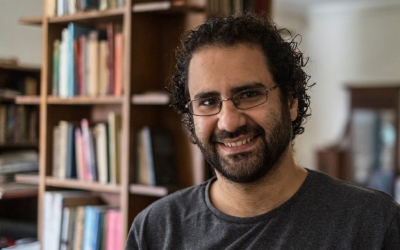
Most of the 21 men and seven women interviewed described "living in constant fear of being detained by the NSA", said the group.
"As a result, many are too scared to express their opinions or participate in political activities and some have been driven into exile," said Amnesty.
The report details how those interrogated, many of them former political detainees, were routinely subjected to "intrusive questioning" with threats of torture against them and their families "if they refused to disclose information".
Human rights defenders interviewed in the report said NSA officers conducted "unauthorised examinations of phones and social media accounts", and the questioning took place without the presence of lawyers.
'Women thugs'
In June, the family of Alaa Abdel Fattah, one of Egypt's most prominent political prisoners, was assaulted outside Cairo's Tora prison complex where he was being held, while police stood by "doing nothing", according to social media posts by his sisters.
“They sent women thugs to beat us up in front of the prison gate and the officers and the men stood and watched,” Sanaa Seif, Abdel Fattah’s sister, wrote on Facebook.
“One plainclothes man just said take them outside the barrier, don’t beat them up here.”
On Monday, Abdel Fattah informed his lawyer that he was seriously considering suicide in prison due to the dire conditions of his detention.
The left-wing blogger, software developer and one of the icons of the 2011 revolution has been held in pre-trial detention for nearly two years, following several intermittent jail terms since 2011 over participation in anti-government protests.
“I am in a dreadful situation. I can’t carry on. Take me out of this prison. I will commit suicide,” he said, as quoted by his lawyer Khaled Ali.
'Bad-taste joke'
Amnesty urged Egyptian President Abdel Fattah el-Sisi, a former army chief who took power in 2014 after leading the military overthrow of the democratically elected President Mohamed Morsi the year before, to "put an end to extrajudicial harassment".
Since taking office, Sisi has overseen a sweeping crackdown on dissent, with rights groups estimating that Egypt holds about 60,000 political prisoners.
"I don't want Egyptians to feel that there are human rights violations in Egypt," Sisi said late on Wednesday on a live call-in programme on state TV.
He noted that Egypt would open the "largest prison complex" in the country within a few weeks, following "the US model" of providing "humane" care to detainees.
Earlier this week, Sisi launched a "national strategy" for human rights while taking aim at international rights groups, accusing them of being unaware of the full spectrum of "challenges facing the country".
Responding on Wednesday to Sisi’s announcement of the five-year plan, Reporters Without Borders (RSF) said the president should release the 28 journalists currently detained arbitrarily in Egypt if he wanted to show that his government was sincere in its desire to improve the situation.
“We would welcome the Egyptian government’s adoption of a long-term vision for improving human rights if we didn’t have grounds for a certain scepticism,” RSF Secretary-General Christophe Deloire said.
“We hope that this national programme for human rights will be something other than a joke in bad taste, and we invite the Egyptian authorities to lose no time in giving concrete evidence of their commitment by immediately releasing all imprisoned journalists."
AFP contributed to this report
Middle East Eye delivers independent and unrivalled coverage and analysis of the Middle East, North Africa and beyond. To learn more about republishing this content and the associated fees, please fill out this form. More about MEE can be found here.


